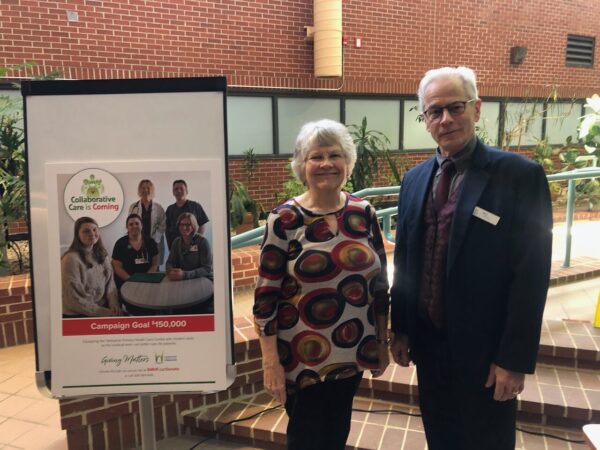
By Meg Cunningham
The majority of Mount Allison’s fall courses are exclusively online this year due to COVID-19.
Students are expressing concern about the quality of online education, especially after the sudden transition in March.
Assistant professor Matt Betti wants students to know that he and his fellow staff are working hard to improve online education.
“I have spent time now, and I know my colleagues are spending time, learning how to do this effectively. I personally don’t want to be just, you know, on Zoom with the camera, like at like, a three quarter angle from below half staring up my nose, while I drone on about math to a bunch of people that are sitting there, you know, with all kinds of distractions in the background. That’s, I think, the idea that students and the public have about online learning. And I know at least there are, there are faculty, the faculty I’ve spoken to are, we’re making a real effort to make sure that’s not the case. We want to deliver the same quality education. Even if it looks different.”
He admits that the sudden transition to teaching online last March was difficult.
“I’m okay to admit that when everything went online in March, I failed, I failed my students because it happened almost overnight. And I had done no prep for moving things online. And I had no idea where to begin. And naively just trying to continue as I would have, if I had a classroom was not I learned very quickly, it wasn’t going to work, but by the time I learned that myself It was too late to really salvage anything. So I can understand why people have a bad experience with online learning. I do too.”
Betti is optimistic about the fall semester now that he has had more time to modify his courses.
Lecturer Holly Morgan has taught over five online courses since 2017.
She says students should not base their opinion of online learning exclusively on what happened in March.
“I really hope students take away from this is not to judge too harshly their professors’ or their University’s capabilities with online learning based on what they saw at the end of that last term. Because that wasn’t online learning, that was online learning as an emergency pandemic response. And so those were not online classes. Those were classes that immediately had to pivot online. That was professors and students, really everybody, communities, living through a crisis trying their best to salvage a semester that at Mount A had already been a little bit disrupted and was already being rebuilt and reshuffled.”
Morgan says that planning is essential in order to deliver an online course successfully.
“Those were not courses that were developed to be online. And there’s a big difference when it’s something that’s planned for.”
Morgan says that “students need to know that they’re entitled to their professors. We’re here, our job is their learning.”
Part-time instructor and soon-to-be assistant professor Geordie Miller is concerned that online learning might affect the connection between student and professor.
“I’m making an attempt without being too intrusive to like, reach out to my students more directly, i.e. over email, to give them affirmation when they’re participating, right, or to pose questions. And to just, you know, assure them, that it’s a difficulty we’re all kind of working through right and ask questions and make space, I guess, make space for them to bring anything that they want to me that they’re not able to do because, you know, of the lack of face to face or in person.”
He says it’s important to listen to students’ concerns about online learning this fall.
“I hesitate to be critical of that because that’s, that’s the experience of people learning in these environments. I think the main thing to take from it, so we need to hear that, right? And the university needs to hear that and to respond adequately to those concerns.”
Miller understands that it is a big transition and hopes to see mental health prioritized for students this fall.



















